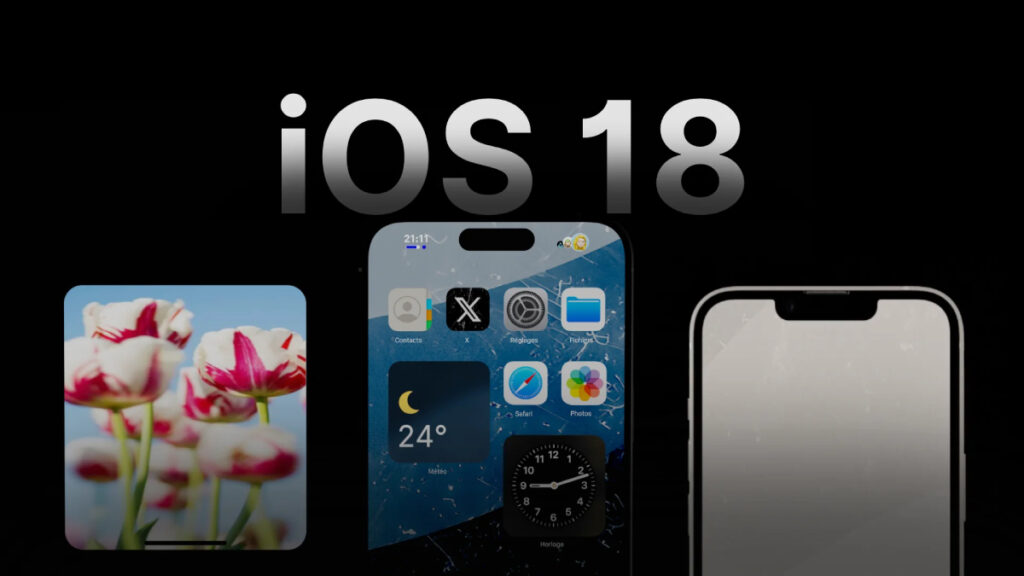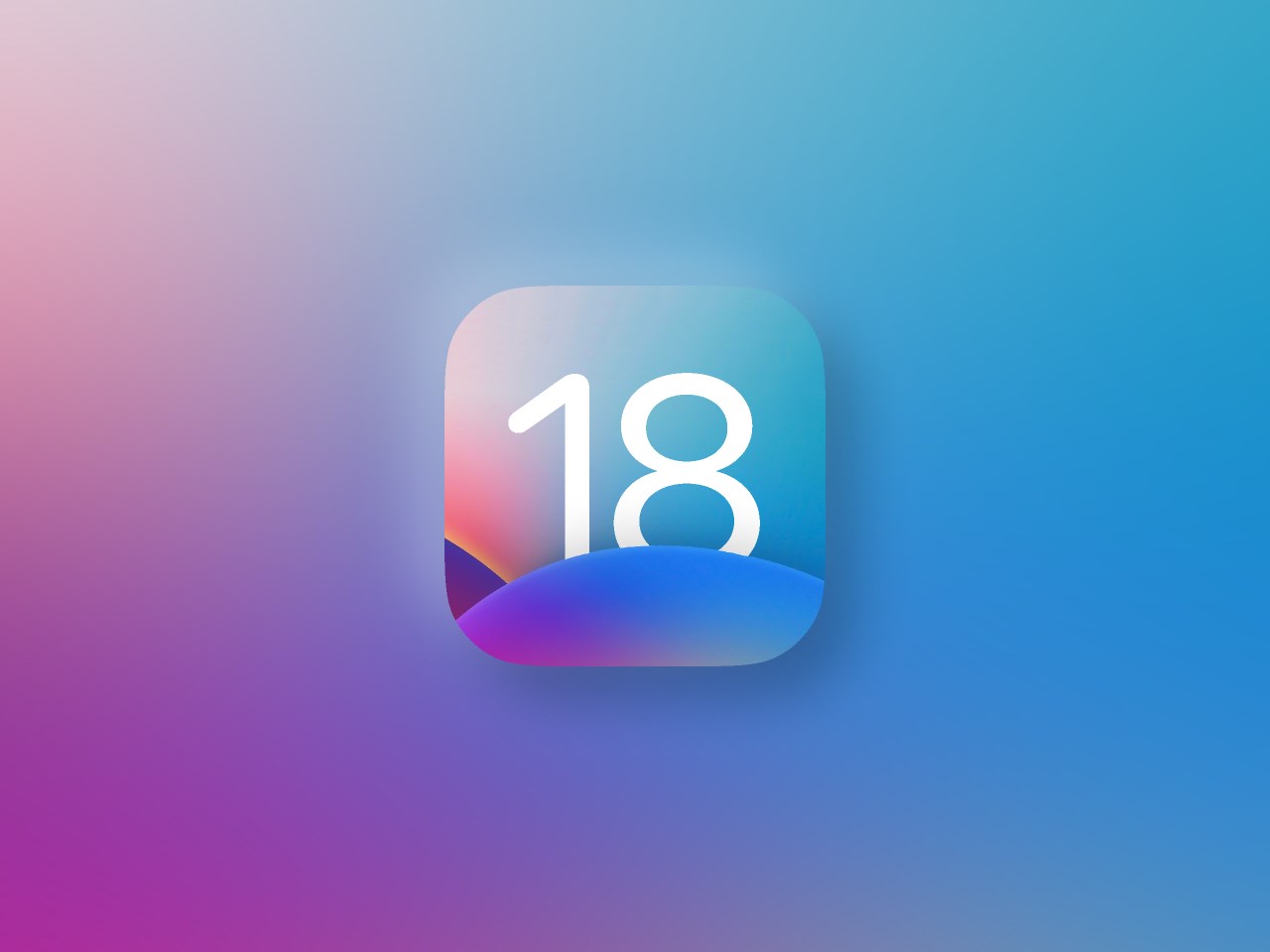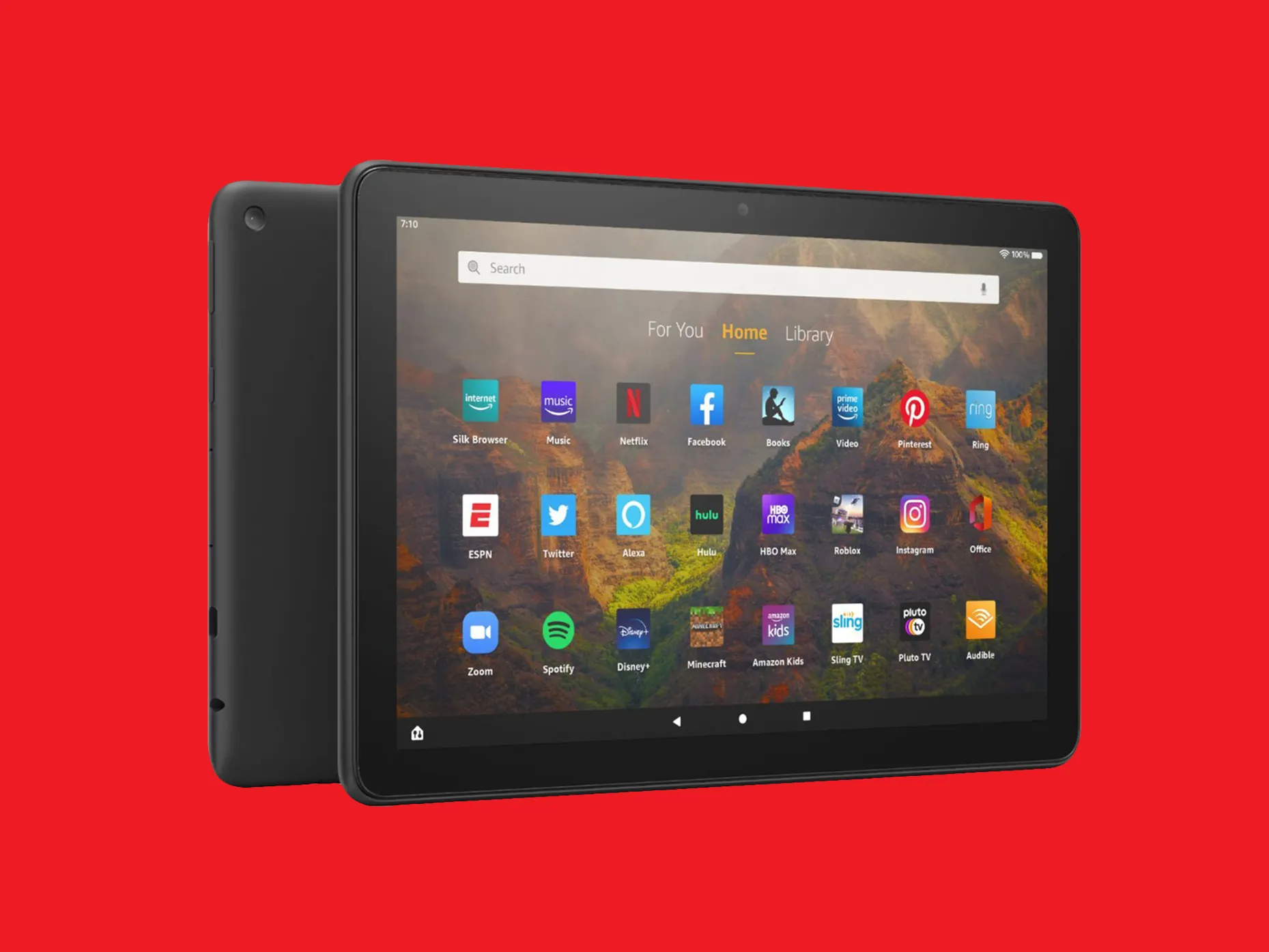
In the dynamic landscape of artificial intelligence, Google set the stage with its Pixel 8 lineup, showcasing advanced AI capabilities. Following suit, Samsung unveiled plans to integrate Galaxy AI into its upcoming phones, positioning AI as a unique selling proposition. As anticipation mounts, Apple, with the rumored iPhone 16 (unofficial name), seems poised to venture further into the AI realm. While Apple has embedded AI features like photo duplication detection, it acknowledges a gap in generative AI compared to its competitors. Reports suggest that iOS 18, the next major software update, could be a game-changer for Apple, introducing groundbreaking features and designs.
Mark Gurman’s November Power On newsletter hinted at significant updates in iOS 18, with the potential for transformative advancements. Apple typically unveils major software releases, including iOS updates, at its annual WWDC conference in June. While specifics about iOS 18 remain scarce, it is expected to build on the AI foundation laid by iOS 17, which introduced features like voice cloning and an enhanced keyboard with improved autocorrect.
One area of anticipated improvement is Siri, Apple’s voice-activated assistant. With the integration of generative AI technology, Siri and the Messages app could see enhancements in question processing and sentence auto-completion. The move aligns with Apple’s reported plans to leverage large language models, a key component of generative AI, to make Siri more adept at handling complex tasks prompted by voice commands.
Another noteworthy enhancement expected in iOS 18 is the improved texting experience between iPhone and Android users. Apple has confirmed plans to introduce RCS (Rich Communication Services) support, a cross-platform messaging standard, to the iPhone. This development aims to elevate the messaging experience by incorporating iMessage-like features such as high-quality media sharing, read receipts, typing indicators, and end-to-end encryption. However, iMessage will remain exclusive to Apple devices, and RCS support will not extend iMessage to Android phones.
While detailed information about Apple’s plans for iOS 18 and its compatibility with specific iPhone models is currently limited, these anticipated AI-driven features signal an exciting leap forward in Apple’s mobile software evolution. As more details emerge, we will continue to update this exploration of what iOS 18 might bring to the table. Until then, users can familiarize themselves with Apple’s latest mobile software, iOS 17, using our cheat sheet for comprehensive insights.




